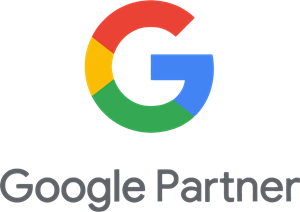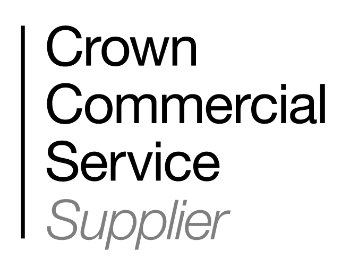Voice searching hasn’t always been popular - in 2013, only 15% of users used Siri. This was due to errors that came with automated voice translation, however, with the accuracy increasing as the years have gone on, there has been a tremendous increase in customer interest. Now, in 2018, there is a strong list of personal voice assistants from some of technologies biggest players such as Google Home/Google Assistant, Amazon Echo/Alexa, to name a few. Google has now reported that 55% of teens are using voice search, and 40% of adults are currently using it and as technology becomes more trusted, these figures will improve.
So How Is This Going to Affect SEO?
The answer is all in the search term. As users aren’t going to be typing in phrases – it’s through speech – the search terms are going to change and be more conversational.
Longer Phrases
In general, search phrases are going to be longer. When you search for something you may just type in the name of the product or service e.g. ‘Odeon Cinema’, whereas if you were to ask someone about the same subject you wouldn’t just say ‘Odeon Cinema’ – there would be more to it.
Phrases with Intent
- ‘What’s on at the Odeon Cinema’
- ‘Where is the nearest Odeon cinema’
- ‘When is the next showing of Jumanji on at Salisbury Odeon’
This might be the biggest change and focus of your search terms – including intent. If you had just searched ‘cinema’, it isn’t clear whether you’re talking in the context of where the closest one is, how to get there or what’s showing. Users will specify what they want from their search term. Therefore, you need to identify what intent phrases are relevant to your business and search term. Will users be looking for your location, what you do or for example, when you are open if you’re a shop owner. Remember:
- Who
- What
- When
- Where
- How
Questions
As you can see in the previous examples, the search phrases were questions. As users want a result or an answer, they’re most likely going to ask a question. Therefore, you should consider your search results regarding questions also. Questions may also not be as obvious as ‘what’s on at the Odeon Cinema’ – they may just be ‘top Odeon cinemas near me’ or ‘best movies on at the moment’ – so search around these types of phrases also.




